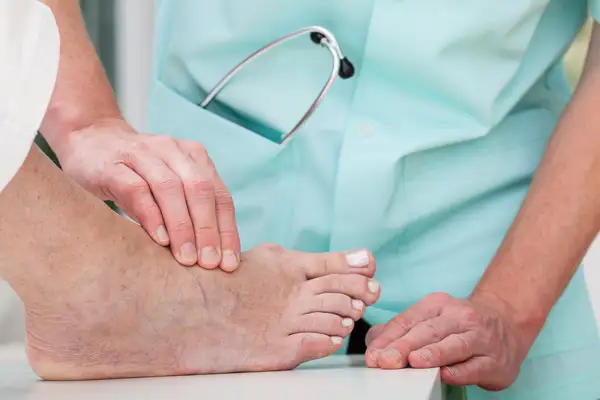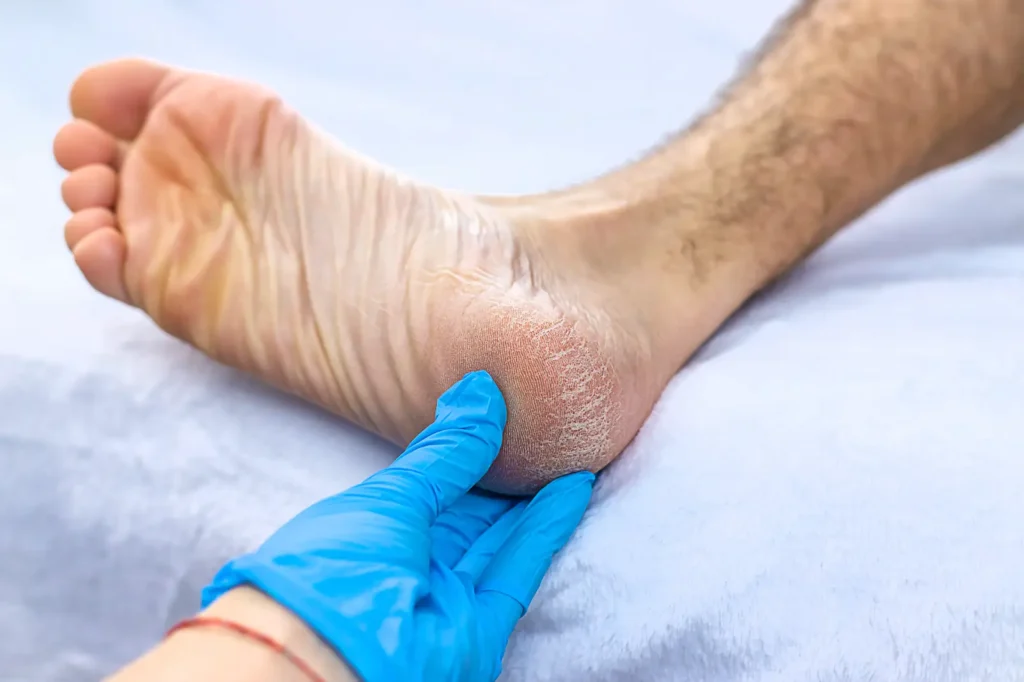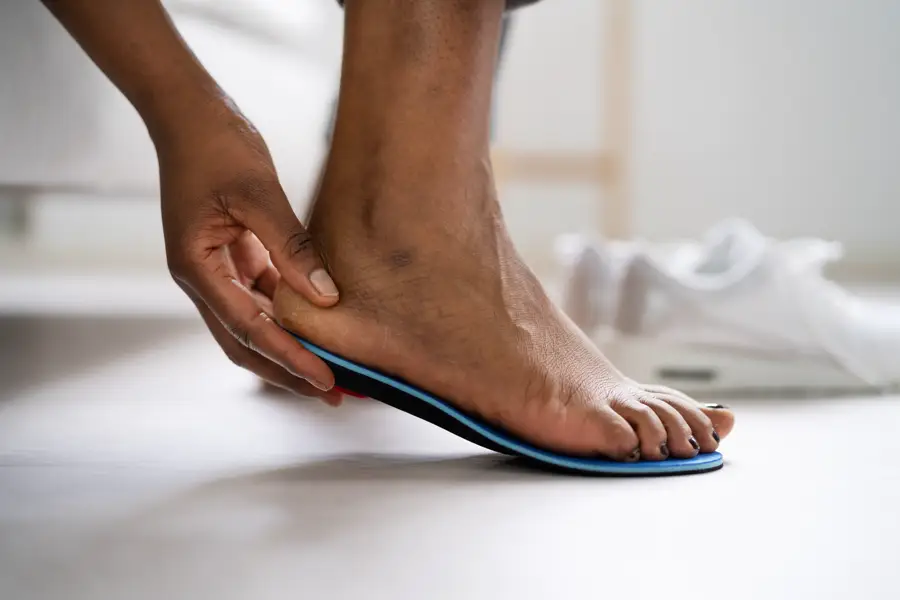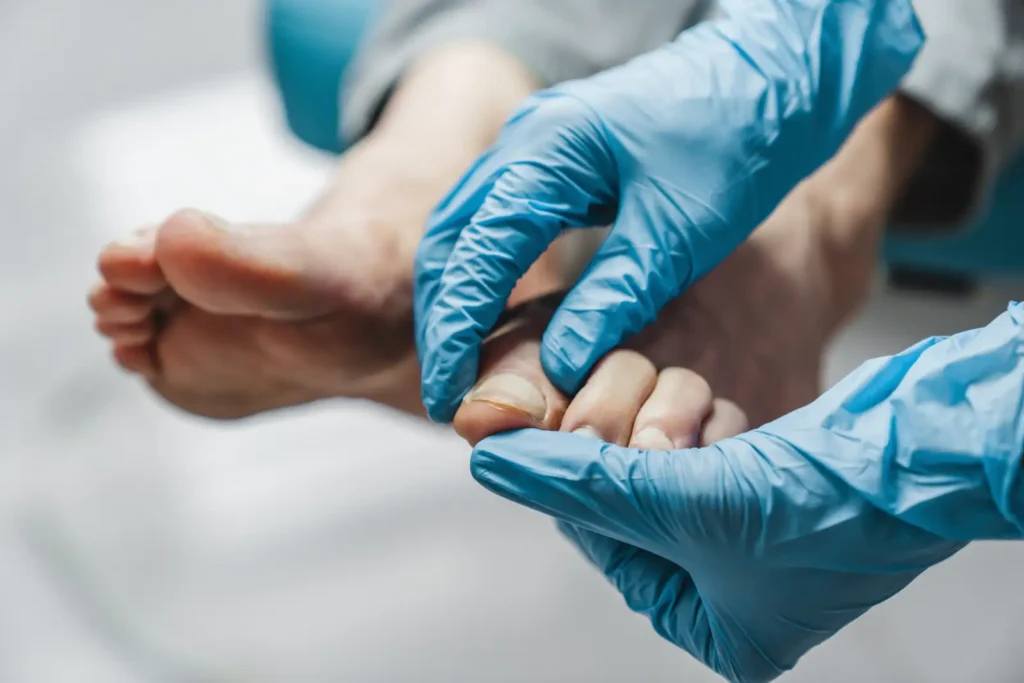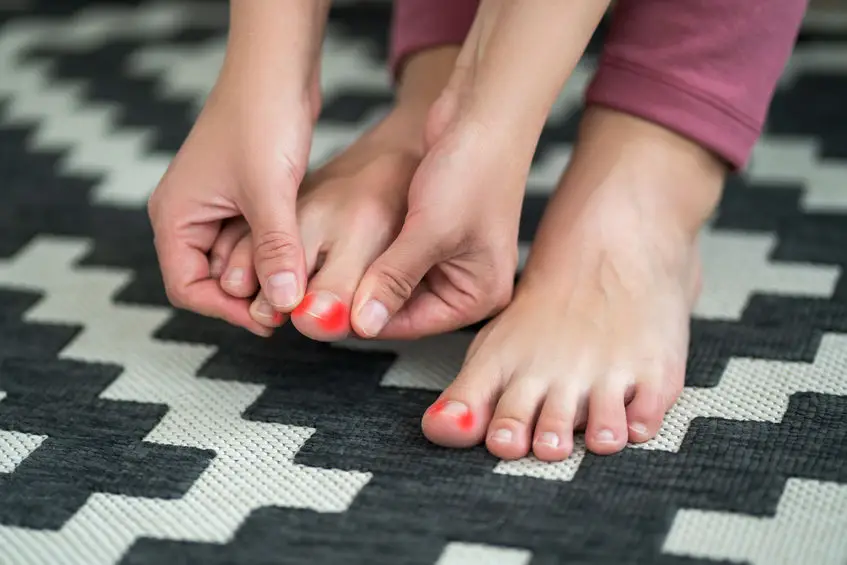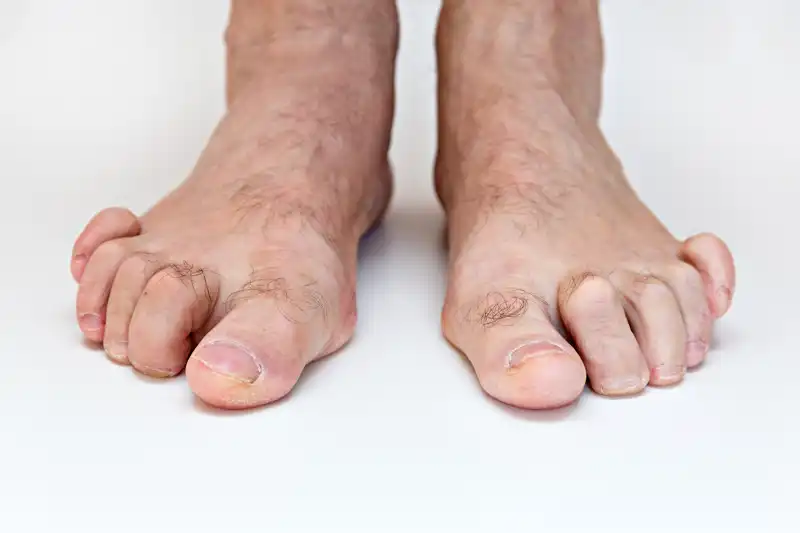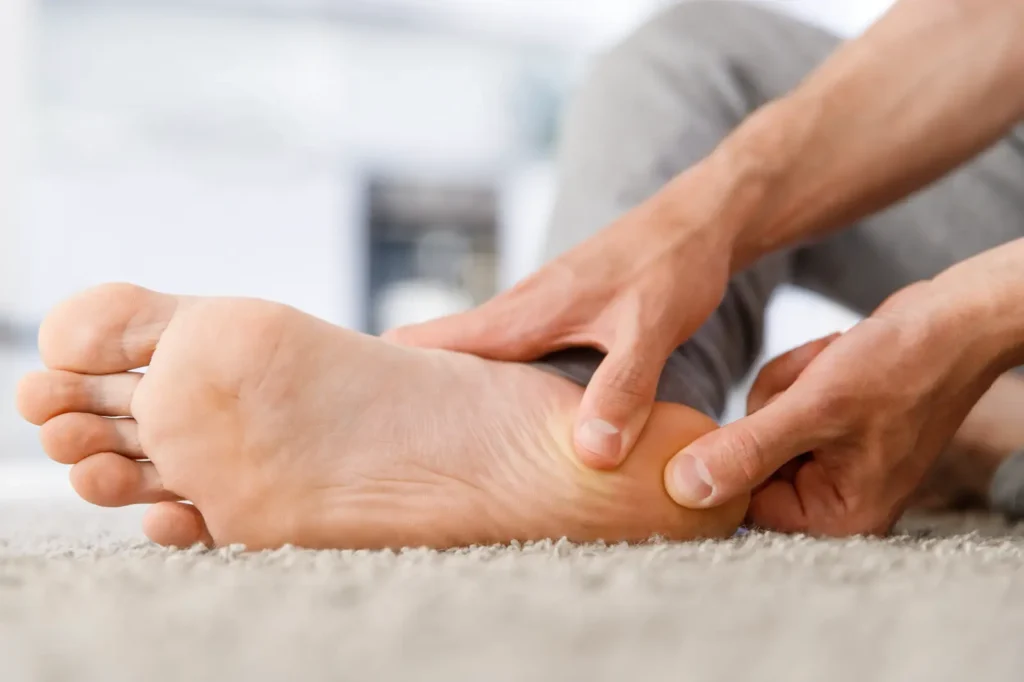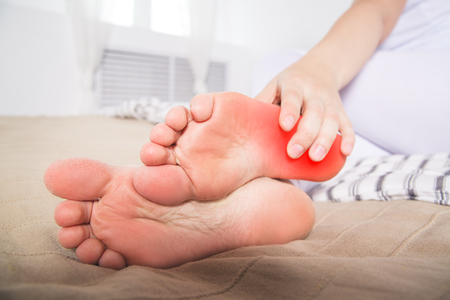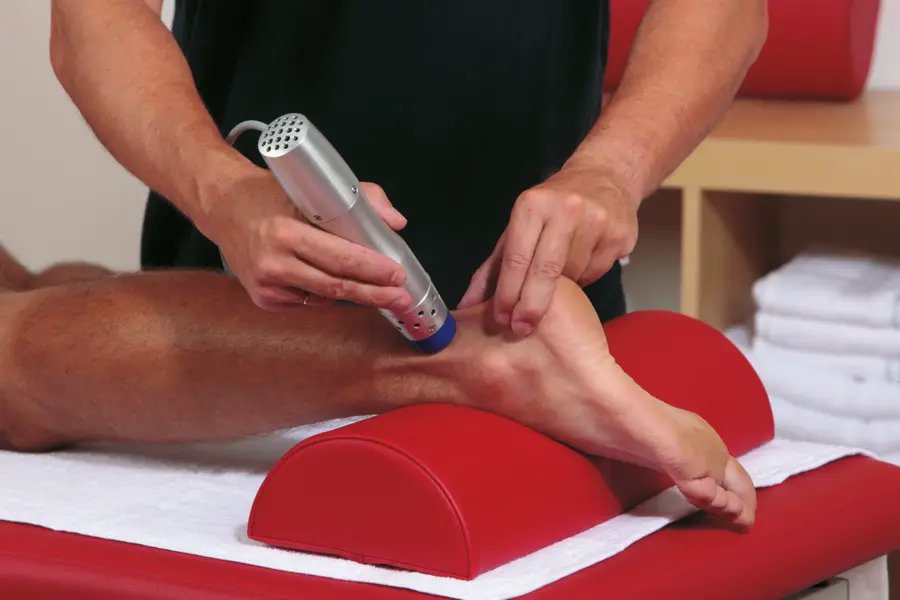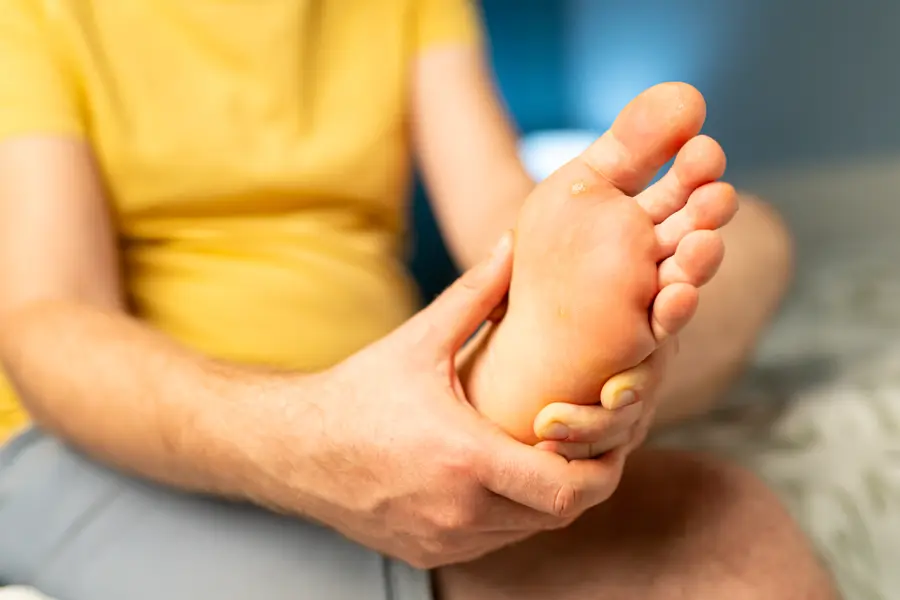Diabetic Care
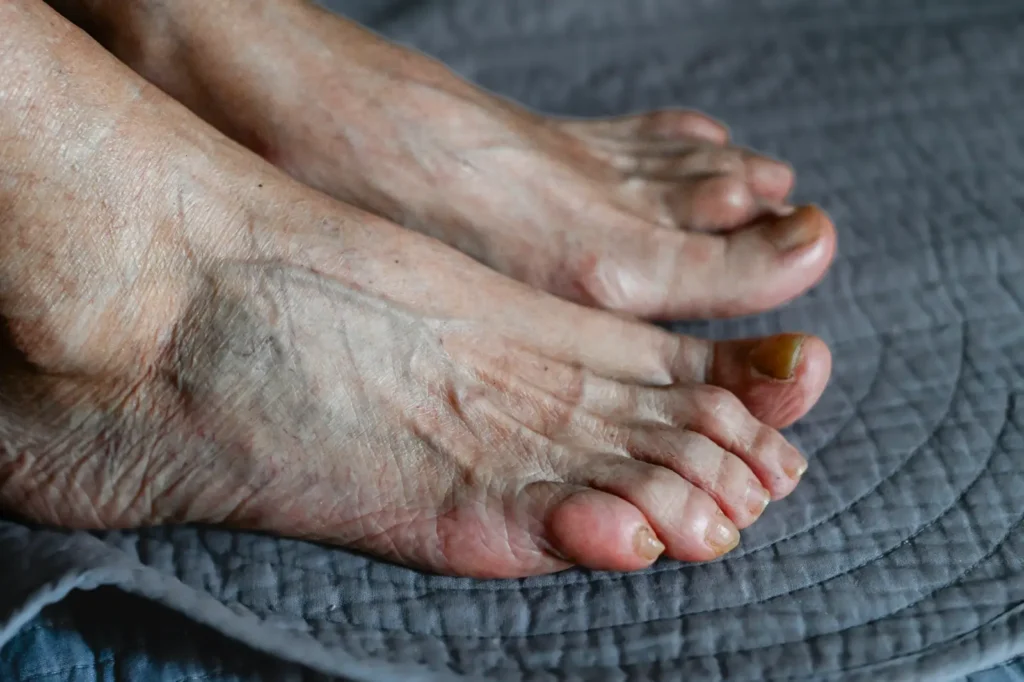
Experience expert diabetic care with Dr. Alan J. Rosen, located in New York City.
Foot problems are a common complication associated with diabetes, and when left untreated can escalate into major problems that could result in amputation. Dr. Alan J. Rosen, of New York City’s Upper East Side, helps you with the management of diabetes-related foot issues. Contact the office by phone, or go online to schedule an appointment, and stay a step ahead of diabetes issues.

